Buy Now, Pay Later: What is this payment option?
Several “Buy Now, Pay Later” (BNPL) options are available when shopping online. You may see these offers from companies like Klarna, Afterpay, or Affirm, to name a few of the most popular. These companies provide the option to pay for your item(s) in anywhere from 2 to 12 payments (or even more) over a few weeks, months, or a year. Depending on the company, the amount of the purchase, and the payment plan selected, there may or may not be interest charges and/or convenience fees.
Most buy now, pay later companies do not require a credit check. Instead, they conduct a soft pull which does not impact your credit score and they offer interest free payment plans for smaller purchases. This also means that your payments to a BNPL company do not impact your credit score. Keep in mind, there are some BNPL platforms that do use a hard credit check when they offer longer-term financing for higher priced goods.
Pros and Cons of Buy Now, Pay Later
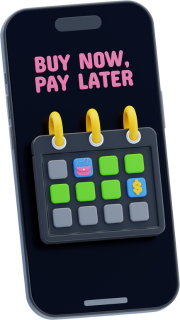
There are some pros to BNPL options, but the cons can be financially disastrous.
Pros:
- Widely available
- Interest-free payments
- Good credit is (usually) not required
- No immediate impact to your credit score
Cons:
- Debt can add up quietly and QUICKLY – it is easy to overspend
- No impact to your credit score
- Can be challenging to track and remember if using several different companies
- Higher-than-normal fees for late payments
- Losing track of your purchases can cause many financial issues
Yes, having no impact on your credit score is both a pro and a con. On one hand, you don’t need good credit to make a purchase; and typically, late payments won’t negatively impact your score right away (more on this below). On the other hand, if you handle your payments well, your credit score is still not impacted. Usually when you make on-time payments on debt, your credit score reflects that. You become a “good borrower” in the eyes of most creditors and lenders – BNPL options (usually) don’t share your good payment habits to credit bureaus.
Circle back to the comment above at how late payments won’t negatively impact your credit score – that is not at first. If you’re late for too long, your defaults will eventually be sent to a debt collector. If a collector is unable to reach you for payment, at that time your debt could be reported to the credit bureaus. If it gets this far, your credit score could drop. Read more here about how debt collectors report your debts.
Shadow Debt: The Dark Side of BNPL
What happens if you use buy now, pay later options a little too frequently? We call that shadow debt. Shadow debt is sneaky, it’s not as top of mind as other types of debt like your auto loan, your mortgage, a loan on a boat or ATV, etc. Shadow debt can add up quietly in the background. It can eat up your cash flow and leave you wondering where all your money is going. It is the biggest risk when opting for BNPL payment options.
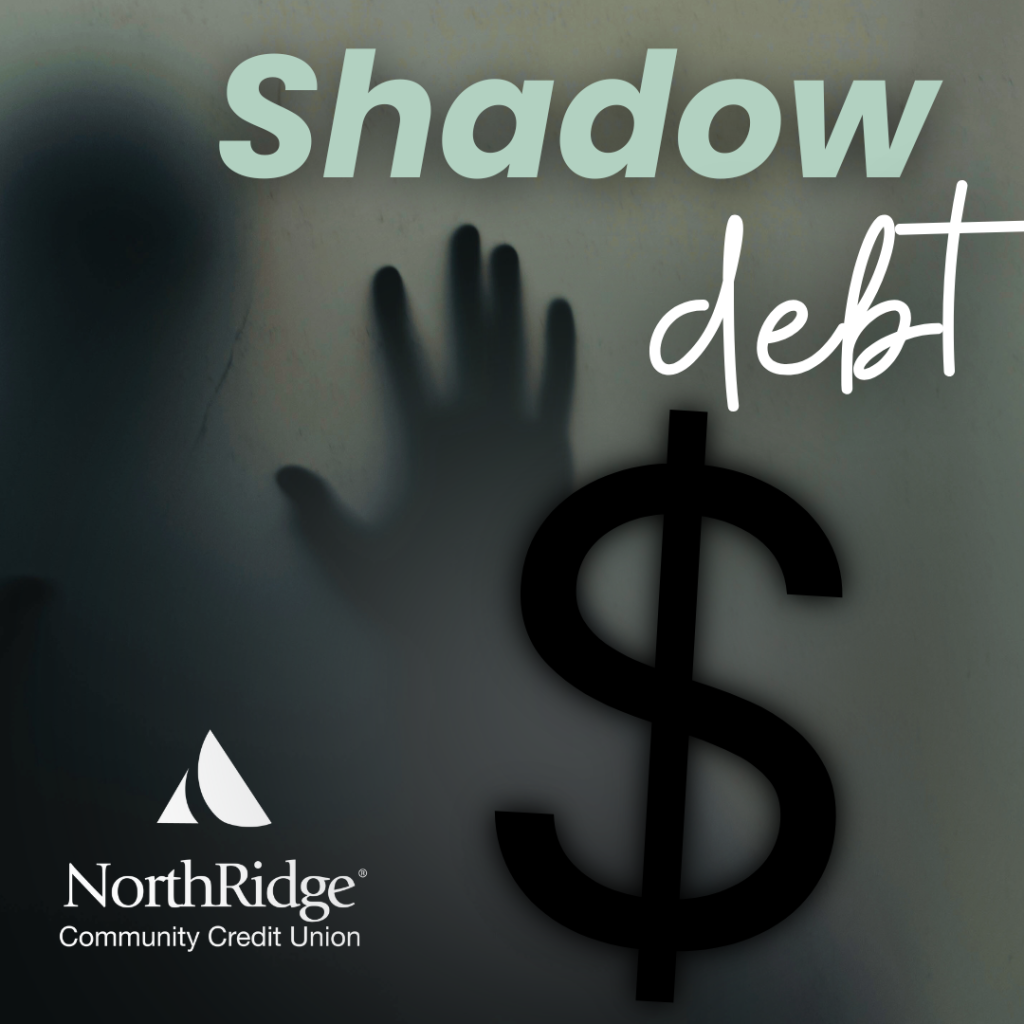
While BNPL payment options can be useful in some circumstances, proceed with caution. Keep track of your purchases and set up your own payment reminders. If there is something you want but you can’t afford it at the moment, set a savings goal and create a savings plan.
If you find yourself needing new car tires or a new refrigerator or stove, but you can’t afford it upfront, talk to your financial institution about options. NorthRidge has solutions for these types of situations, stop by or give us a call!

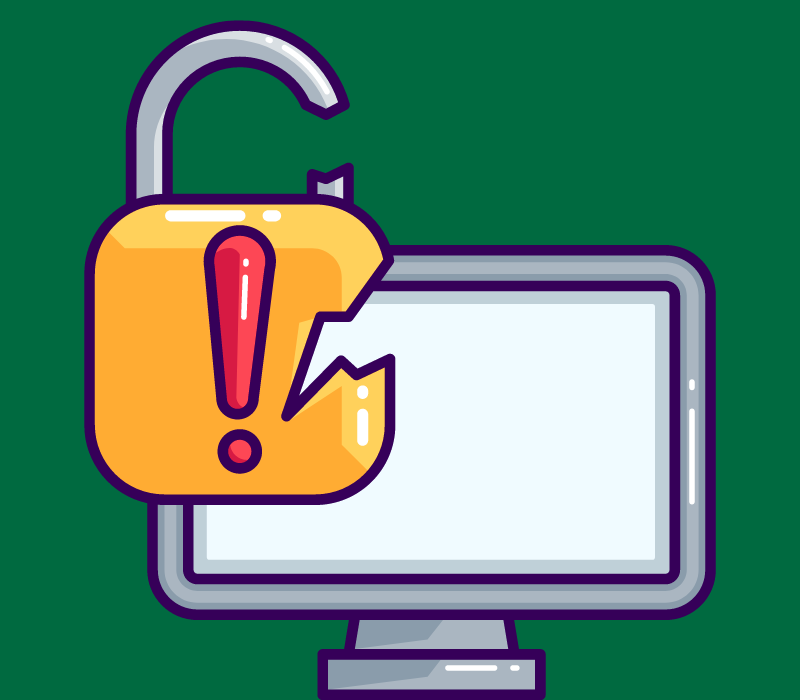
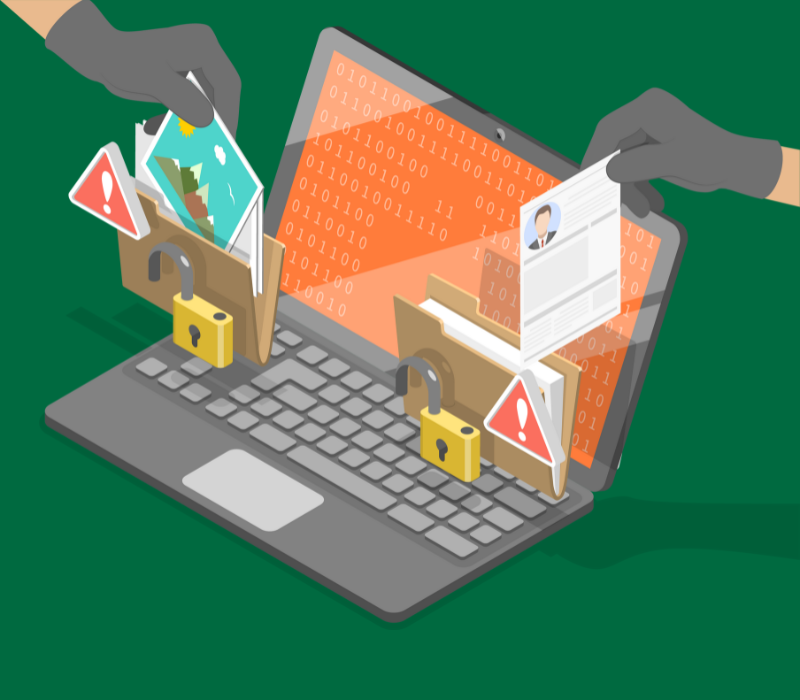

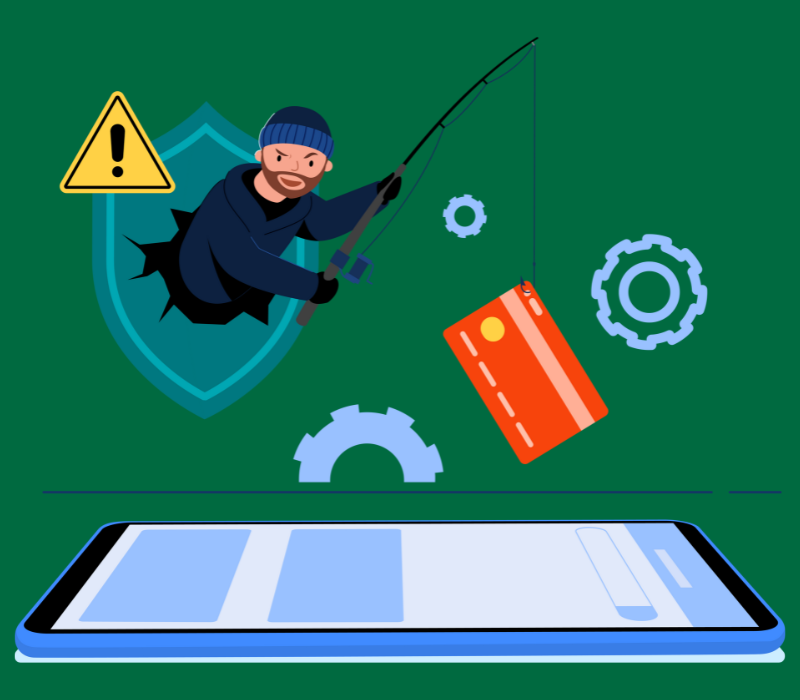

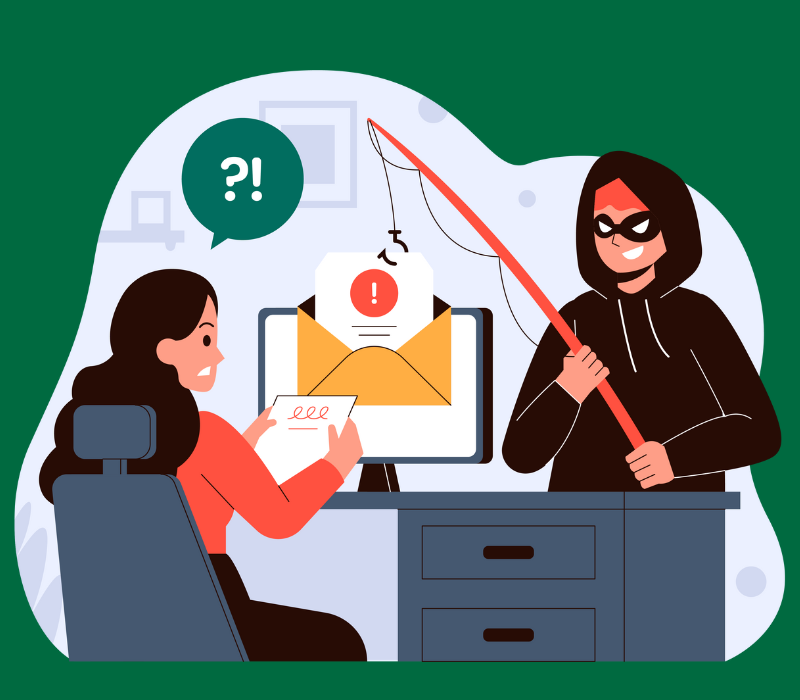
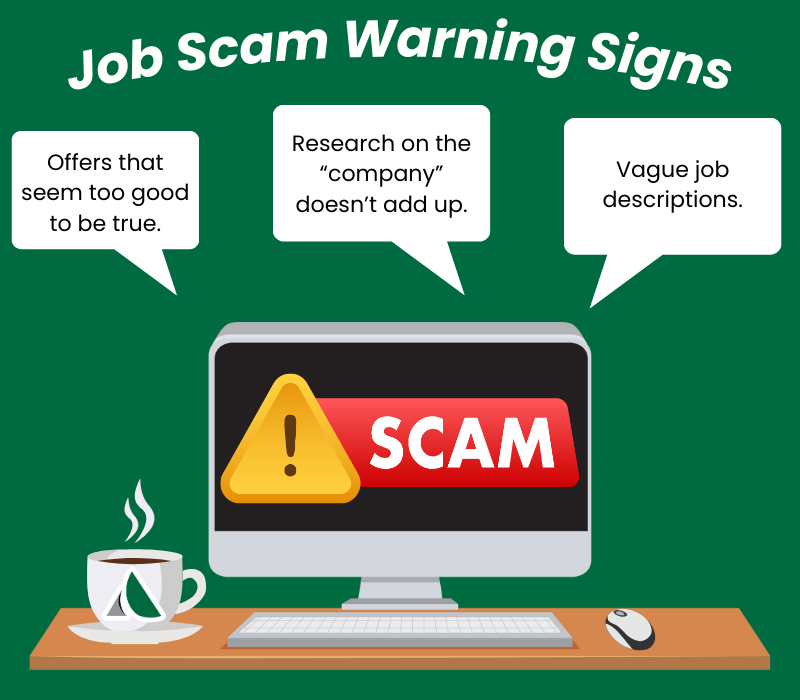


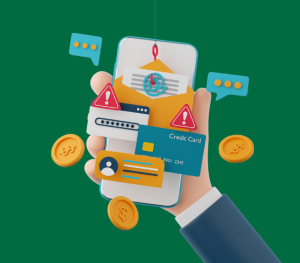



Recent Comments